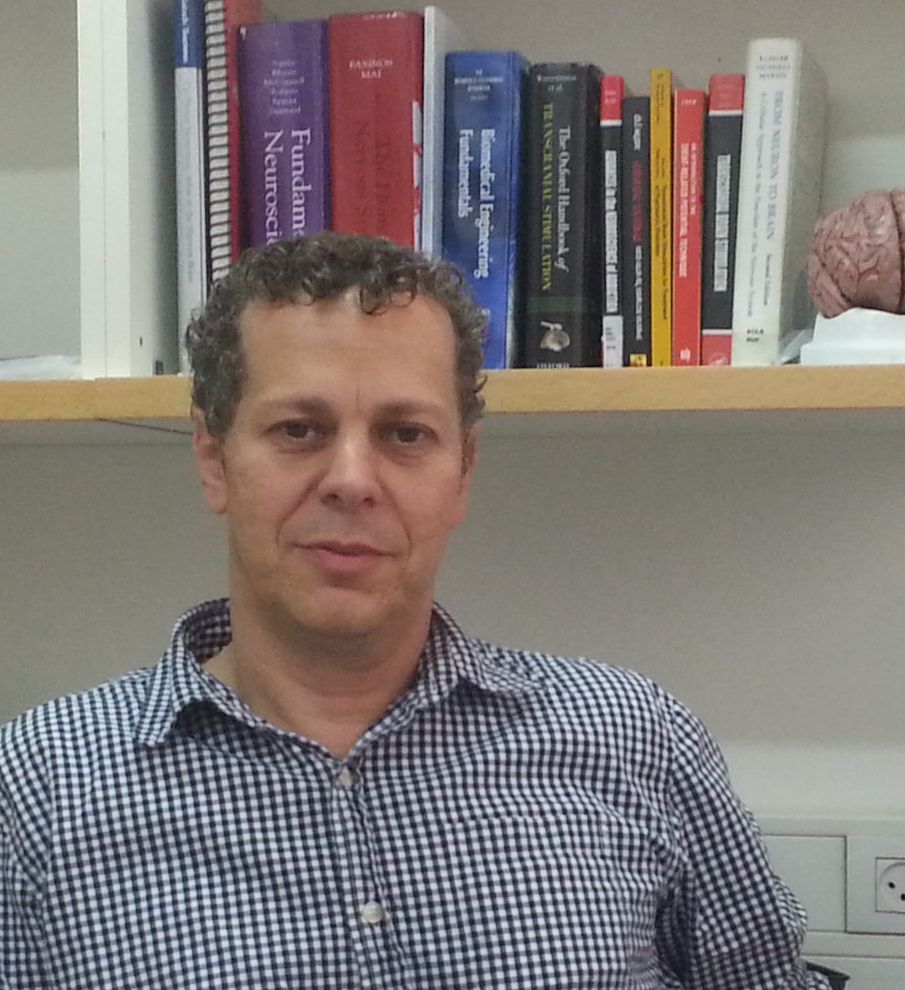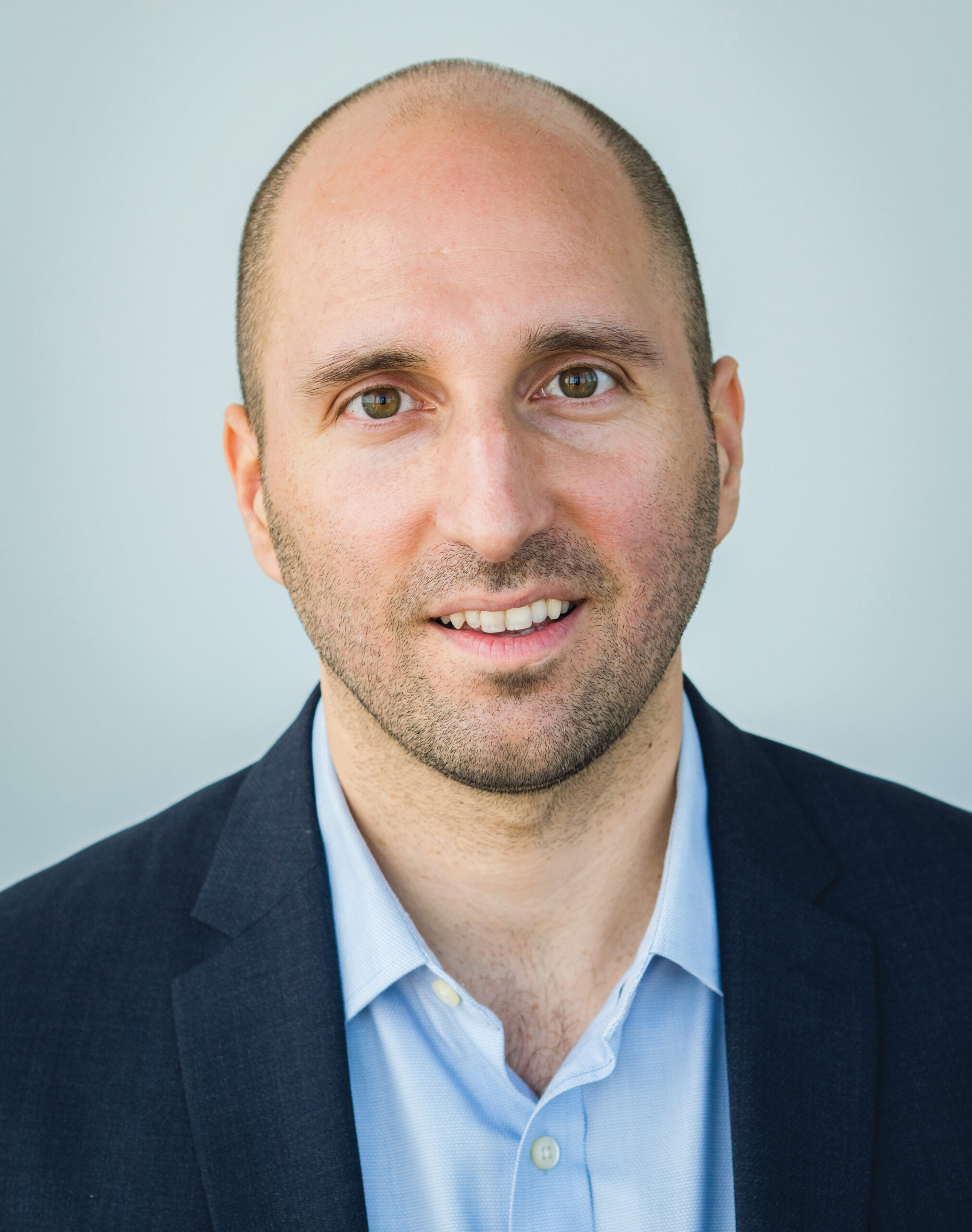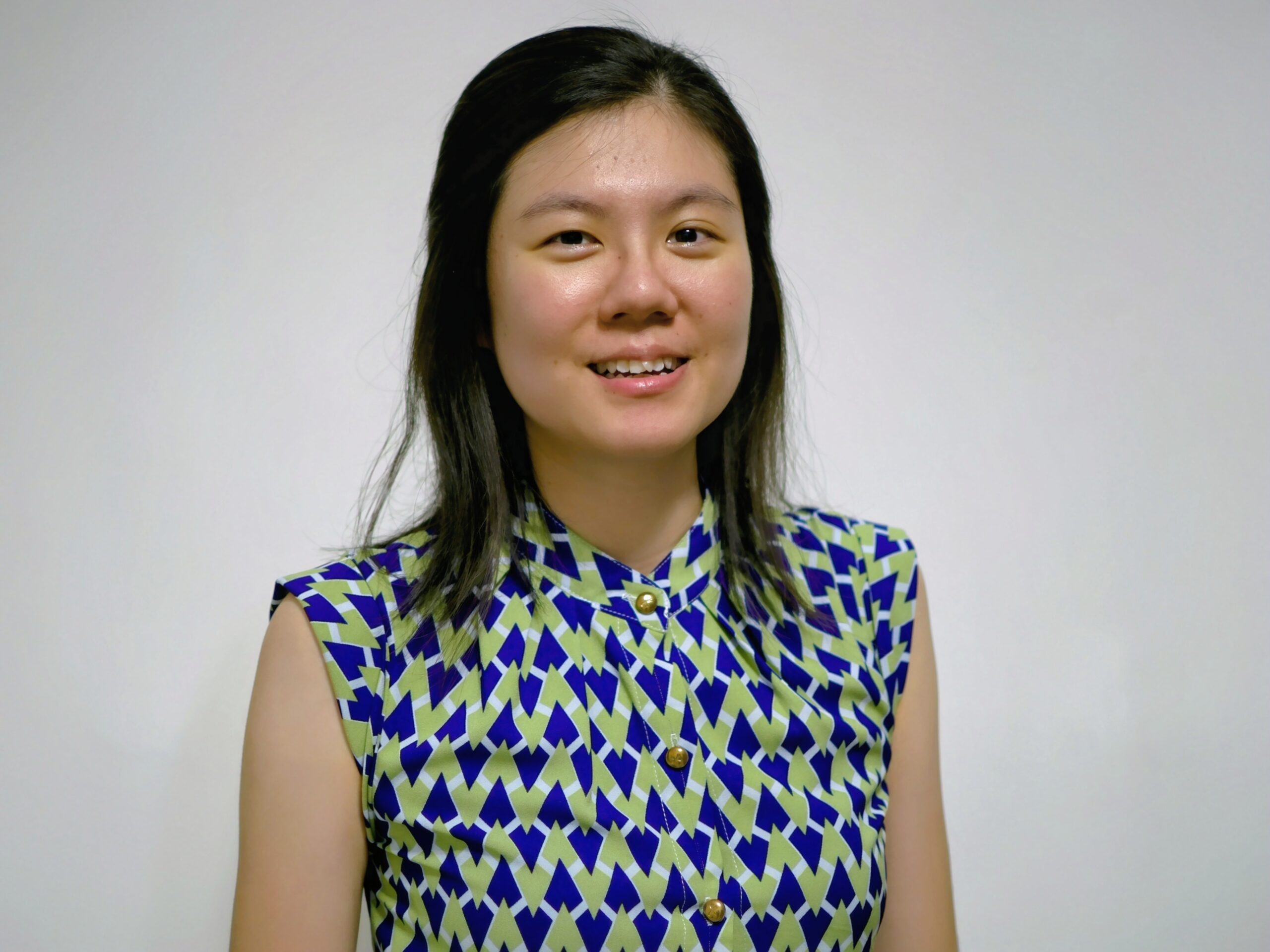The IOCDF is proud to announce the seven winners of the 2023 Research Grant Awards, who received almost $1.1 million in funding thanks to the generosity of countless donors. This year’s awardees will conduct exceptional research on a range of topics — from neuroimaging to treatment augmentation to genetics — with the goal of further informing our understanding of OCD and related disorders and enhancing promising treatments. Following our expanded international promotion of the Research Grant Program, a total of 57 proposals were submitted by research teams from around the world.
One Young Investigator grant totaling $50,000 is funded by our ongoing partnership with PANDAS Network, the leading non-profit organization dedicated to PANDAS/PANS.
“PANDAS Network appreciates the chance to fund this Stanford University project. This investigation of immune mechanisms could help hault the devastating progressions of PANDAS PANS Stanford has been on the frontline for 10 years and we are proud to contribute to their efforts. Research here helps children helps worldwide particularly in developing countries where access to care is nearly impossible,” wrote Diana Pohlman, the Executive Director of PANDAS Network.
The seven winning grants summarized below were selected through a highly competitive peer-review process involving a panel of 65 top researchers reviewing grants in their areas of expertise. The most highly rated projects in the first round were then subjected to a second round of scrutiny from the full committee. These winning grants represent the top proposals.
Innovator Awards
The goal of the three-year Innovator Award is to support “high-risk, high-reward” research with the potential to revolutionize scientific understanding of OCD, accelerate progress toward new and more effective treatments, and discover ways to prevent OCD from taking hold in the first place. These three awards were made possible through the generosity of anonymous donors to the IOCDF.
Investigating the brain endocannabinoid system in obsessive-compulsive disorder
Primary Investigators: Stefan Kloiber, MD & Jamie Feusner, MD
Centre for Addiction and Mental Health (Toronto, ON, Canada)
Award Amount: $299,831
Initial research suggests that the brain’s endocannabinoid system is involved in the regulation of OCD symptoms and anxiety. Fatty Acid Amide Hydrolase (FAAH) is an enzyme that regulates levels of an endocannabinoid called anandamide. If an alteration of this enzyme could be linked to OCD, this could improve our understanding of the mechanisms in the brain contributing to OCD and inform development of novel therapies.
This neuroimaging study by Dr. Kloiber, Dr. Feusner, and their team aims to determine, for the first time in humans, whether levels of FAAH are higher in the brains and certain brain regions of individuals suffering from OCD compared to healthy controls. The study will also investigate blood levels of endocannabinoids and activity of brain regions known to be involved in OCD. Results of this study will help us better understand the biological processes involved in OCD and may guide development of more targeted, future treatments.


Deep TMS for obsessive-compulsive disorder: An fMRI study
 Primary Investigator: Abraham Zangen, PhD
Primary Investigator: Abraham Zangen, PhD
Ben-Gurion University of the Negev (Beersheba, Israel)
Award Amount: $285,381
Deep transcranial magnetic stimulation (dTMS), a non-invasive and generally well-tolerated brain stimulation method, was recently granted FDA clearance for the treatment of OCD after pilot studies, real-world data, and a large multi-center study confirmed its efficacy. However, more research into the mechanism of action of dTMS is needed, as well as which type of OCD patients are most likely to benefit from this treatment.
This study by Dr. Zangen and his team will further investigate the mechanism of action of dTMS for OCD using functional magnetic resonance imaging (fMRI) before and after the dTMS treatment protocol. Scanning will be conducted during rest and during a behavioral task known to activate brain areas relevant to OCD neuropathology. Thus, modifications to brain activity could be 1) correlated with behavioral and clinical modifications; and 2) be compared to those observed following beneficial pharmacological and behavioral interventions, in the attempt to find a common response circuit and inform our understanding of OCD neurobiology. Finally, the results may offer neurobiological markers that will allow better patient selection for dTMS treatment, making dTMS more effective and predictable for patients.
Personalized neuromodulation for a novel OCD biomarker and treatment

Primary Investigator: Robert Reinhart, PhD
Boston University (Boston, MA)
Award Amount: $300,000
Although multiple treatments for OCD exist, slow symptom decrease, high remission, and significant side effects for some OCD patients limit their efficacy. More research into the precise neural mechanisms and linked cognitive functions in OCD is also necessary. To address both concerns, this study by Dr. Reinhart and his team will test a new, non-invasive, and well-tolerated neuromodulation method for reducing OCD symptoms, based on reward-related high frequency rhythms in the orbitofrontal cortex (OFC; a brain region responsible for reward, decision making and other crucial functions that is affected by OCD). This proposal is based on highly encouraging preliminary data in both subsyndromal and treatment-resistant populations that shows rapid reductions in OCD behaviors that last at least 1-3 months.
Using high-definition transcranial alternating current stimulation (HD-tACS) guided by EEG brain wave recordings, the study will test whether repetitive and personalized modulation of relevant rhythmic activity in the OFC can lead to rapid (within five days) and sustainable (up to three months) OCD symptom reduction. It will also test how much the personalized HD-tACS engages these rhythms, and whether these changes can predict the amount of clinical improvement. This research aims to increase knowledge into OCD neurophysiology and develop an effective treatment with minimal side effects.
Michael A. Jenike Young Investigator Awards
Awardees are promising early-career researchers who are working to establish themselves in the field of OCD and related disorders. Three awardees whose projects focus on neuromodulation and perfectionism received funding from thousands of individual donors who contribute to the IOCDF Research Grant Fund every year. One awardee whose research is related to immune responses in PANS received funding from PANDAS Network, the leading nonprofit organization for PANDAS/PANS awareness and research.
Electrophysiological biomarker characterization in sensing-enabled deep brain stimulation for obsessive-compulsive disorder


Principal Investigators: Ali Tafreshi, MD & Matteo Vissani, PhD
Massachusetts General Hospital/Harvard Medical School (Boston, MA)
Award Amount: $49,637
Surgery options such as deep brain stimulation (DBS) surgery can provide relief for patients with severe, treatment-resistant OCD. Cutting-edge research hasled to the development of new devices that not only electrically stimulate the brain, but can also “sense” brain oscillations with the very same device — allowing for better targeted stimulation of regions associated with OCD. Dr. Tafreshiand his team have already published research identifying an important candidate signal called alpha power that may be a neural marker of OCD. Specifically, they showed that suppression of alpha power in local field potentials in the ventral capsule/ventral striatum brain region correlates with symptom improvement in patients with severe OCD.
The team led by Drs. Tafreshi and Vissani will identify and record changes in alpha power and other brain oscillations during symptomatic and asymptomatic periods, as well as before and after stimulation, medication, and any other treatment changes. The team will identify and record relationships between these variables, seeking patterns linked to clinical symptoms. They hypothesize that effective therapeutic stimulation would reduce alpha power. This project will lay the groundwork for larger-scale clinical trials that further test targeted stimulation and provide new evidence for a concrete OCD biomarker. Understanding how these brain oscillations function may help establish new neuromodulatory targets and may pave the way for safe, patient-specific, and effective treatment for OCD and other psychiatric conditions.
Transcranial magnetic stimulation effects on urge suppression in obsessive-compulsive disorder using individualized targeting of the postcentral gyrus: A proof-of-concept investigation
 Principal Investigator: Goi Khia Eng, PhD
Principal Investigator: Goi Khia Eng, PhD
Nathan Kline Institute for Psychiatric Research (Orangeburg, NY)
Award Amount: $49,999
Many people with OCD experience uncomfortable urge sensations driving their compulsions instead of fear-based ones. These urge sensations are similar to “everyday” urges like blinking and scratching, and become more intense when they are suppressed or delayed. Previous research showed that patients with OCD were less successful than controls in suppressing their eyeblinks when asked, and that more failure in this was linked to more severe sensory phenomena. Greater activity in the postcentral gyrus (a brain region involved in processing sensory information) was also associated with more failures in eyeblink suppression and more severe sensory phenomena, suggesting that this region may underlie pathological urges related to sensory phenomena in OCD.
Transcranial magnetic stimulation (TMS) is a form of non-invasive neuromodulation technique that can be used to either reduce or increase activity in a brain region. In a small pilot investigation of four patients with OCD, inhibitory TMS delivered in a single session to an individualized target in the postcentral gyrus (compared to sham TMS) was generally associated with reduced brain activity in this region, improved eyeblink suppression during the eyeblink suppression task, and lower self-report urge to perform compulsions. The current study by Dr. Eng and her team will include a larger sample of patients to continue to test whether TMS delivered using individualized targeting can reduce activity in the postcentral gyrus and improve urge suppression in OCD. This will be the first study to test such a novel approach targeting the brain network of pathological urges in OCD. Findings will provide a critical first step toward treatment trials aimed at reducing pathological urges in OCD to enhance therapeutic outcomes for these difficult-to-treat symptoms.
A good enough intervention: Testing brief online self-help treatment modules for clinical perfectionism
Principal Investigators: Clarissa Ong, PhD & Eric Lee, PhD
Award Amount: $47,643
University of Toledo (Toledo, OH)
Clinical perfectionism is a common feature of OCD, and leads to problems when people set extremely high standards for themselves and harshly criticize themselves for not meeting them. This can result in reduced productivity, low self-worth, and increased risk of developing OCD, hoarding disorder, hair-pulling disorder, and body image concerns. It also hinders people from seeking, benefiting from, and continuing treatment. This is especially challenging for people from minority and underserved communities, as they often struggle to find qualified treatment providers.
The team led by Drs. Ong and Lee will conduct a randomized controlled trial to develop and evaluate an online self-help program for perfectionism. This program will consist of multiple brief treatment sessions that users can access any time and select according to their personal requirements. The trial will include 100 participants randomly assigned to either use the online program for four weeks or to read a self-help book on perfectionism. The team will assess changes in perfectionism, quality of life, depression, anxiety, self-compassion, and psychological flexibility over time. The study aims to provide a practical solution to increase treatment engagement and accessibility for perfectionism, particularly for populations lacking adequate treatment options.
IOCDF/PANDAS Network YOUNG INVESTIGATOR AWARD RECIPIENT
The role of regulatory T cells in Pediatric Acute Onset Neuropsychiatric Syndrome (PANS): With an emphasis on CD39 + subset
 Principal Investigator: Noor Hussein, PhD
Principal Investigator: Noor Hussein, PhD
Stanford University (Palo Alto, CA)
Award Amount: $50,000 (funded by PANDAS Network)
Pediatric acute-onset neuropsychiatric syndrome (PANS) is a relapsing and remitting disorder, clinically characterized by abrupt (overnight) onset of OCD symptoms, severe irritability, behavioral regression, deterioration in fine motor skills (such as handwriting), inattention, sleep dysregulation, sensory dysregulation, and sometimes changes in urinary frequency. To date, there is no specific therapy for PANS, though some patients respond to antibiotics, anti-inflammatory and/or antipsychotic drugs. Accumulating evidence suggested that PANS symptoms are associated with inflammation, dysregulation of immune cells, and autoimmunity. Regulatory T cells (Tregs) are key inhibitors of autoimmunity and play an essential anti-inflammatory role. Previous research by Dr. Hussein showed an increase in the percentage of Tregs in the blood of PANS patients who experienced symptoms during a flare-up compared to healthy controls, and a decrease in Tregs during PANS remission. The percentage of CD39+ cells (a marker of highly active and immunosuppressive regulatory T cell subset) was also significantly higher in PANS flare-up patients compared to remission and healthy controls.
Dr. Hussein hypothesizes that the increase in circulating CD39+ Tregs during a PANS flare signals the development of a strong immunosuppressive response to the neuroinflammation of PANS flares and might indicate a defect in Tregs signaling and migration to the brain. She and her team will determine the immunosuppressive activity of CD39+ Treg during PANS flare-up and remission by measuring CD39 enzymatic activity, doing immunosuppression assays, and measuring the Tregs-related anti-inflammatory immunosuppressive molecules (cytokines); and 2) evaluate the migratory capacity of Tregs in PANS by measuring expression levels of cytokine receptors that regulate Treg migration to the brain. Functional stability of Tregs will be analyzed by doing DNA demethylation epigenetic studies. Characterizing the role of CD39+Treg in PANS will lay the groundwork for a potential new PANS therapy, by either replacing faulty Tregs or enhancing functional ones.
The IOCDF’s Research Grant Program is funded by donors committed to forwarding research that improves our understanding of and treatments for OCD. Join in supporting research today!



Leave a Reply